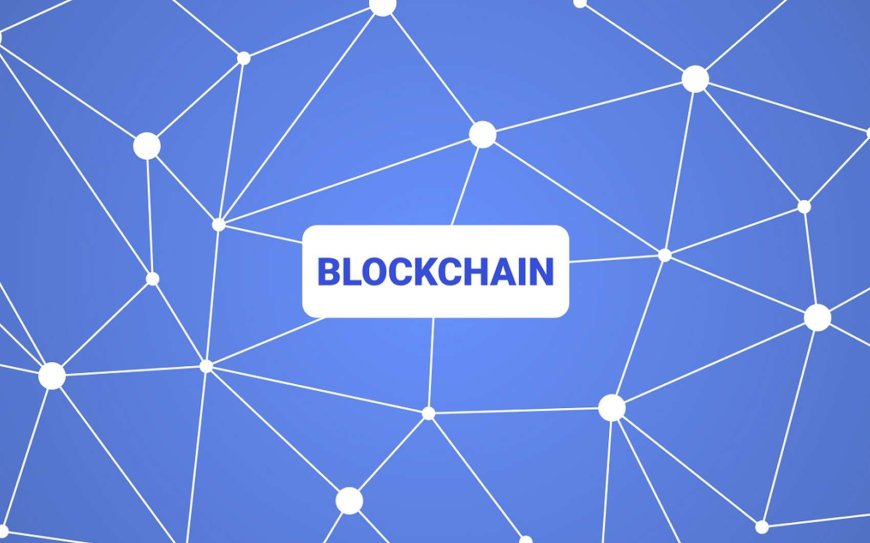The Impact of Blockchain on the Education Sector
Aug 28, 2024 - 12:16
Aug 31, 2024 - 09:21

Blockchain technology, known for its use in cryptocurrencies, is now making waves in the education sector.
Its decentralized, secure, and transparent nature has the potential to revolutionize various aspects of educational institutions and processes. Here are ten ways blockchain is impacting the education sector:Secure Record Keeping
Blockchain provides a tamper-proof way to store academic records and credentials. This ensures that student records, diplomas, and certificates are secure, easily accessible, and cannot be altered or forged.Credential Verification
With blockchain, verifying the authenticity of academic credentials becomes faster and more reliable. Employers and institutions can quickly confirm the validity of a candidate’s qualifications, reducing the risk of fraud.
Streamlined Admissions
Blockchain can simplify the admissions process by securely sharing verified academic records between institutions. This reduces the need for repeated submissions of documents and speeds up the evaluation process.Enhanced Student Data Privacy
Block chain allows students to control who has access to their personal and academic information. This enhances privacy and gives students more control over their data.Smart Contracts for Course Management
Smart contracts on the blockchain can automate various administrative tasks such as course registration, tuition payment, and grading. This reduces administrative overhead and ensures that these processes are transparent and efficient.Recognition of Micro-Credentials
Block chain can track and verify smaller achievements like certificates from short courses or workshops. This helps in recognizing and valuing lifelong learning and skills development.Transparency in Funding and Scholarships
Blockchain ensures transparency in the distribution of scholarships and educational funds. Donors and recipients can track the allocation and use of funds, ensuring they are used appropriately.Efficient Transcripts and Transfer Credits
Transcripts stored on the blockchain can be easily shared and verified by multiple institutions. This simplifies the process of transferring credits between different schools and universities.Reducing Fraud
By making it nearly impossible to alter records, block chain significantly reduces the risk of academic fraud and degree forgery.Global Standardization
Blockchain can help in creating global standards for academic credentials, making it easier for students to have their qualifications recognized internationally. Blockchain technology holds the promise of making the education sector more efficient, secure, and transparent. As educational institutions adopt this technology, they improve the management, sharing, and verification of academic records significantly.Follows Us for More Updates Like Us on Facebook Page : Click Here Like Us on Instagram : Click Here
Tags:
- blockchain in education
- educational blockchain
- blockchain technology
- impact of blockchain
- blockchain benefits
- digital credentials
- secure education records
- blockchain applications
- education technology
- blockchain innovations
- blockchain for schools
- decentralized learning
- tech in education
- blockchain impact
- blockchain solutions




























